Arfa Atrai was the first woman to professionally play santur, a hammered dulcimer of Iranian origin. She was also the first woman to teach at Iran’s National Music Conservatory. She was born in Tehran on June 29, 1941 and was one of the first girls who studied there in the 1950s. The conservatory was founded by the National Philharmonic Society and Ruhollah Khaleghi, the prominent musician, composer, conductor and author. Besides Khaleghi, Atrai’s teachers included other masters of classical Iranian music such as Ali Naghi Vaziri, santur virtuoso Hossein Saba, Mostafa Kamal Pourtorab, Faramarz Payvar and Mahmoud Karimi.
Atrai first started learning santur with Saba, but he died a year before she graduated and she continued learning with Payvar. She was already a virtuoso and when Payvar was absent Atrai helped teach the students.
Atrai graduated from the conservatory in 1959 and became the first woman to teach santur there, as well as teaching at universities and institutes of higher education. In 1974 she was appointed head of the music group of Roudaki Hall (renamed Vahdat Hall after the revolution), the main national stage for opera, ballet and music.
Atrai performed, as a soloist or with an ensemble, in various countries including the USA, Belgium and Bosnia. After the 1979 Islamic revolution she continued working but protested against the restrictions imposed on female musicians.
Books Taught but Legacy Uncertain
During her 60 years of artistic activities Atrai has contributed vastly to the preservation and promotion of Iranian classical music. She has written many articles and books about the intricacies and specific features of Iranian music, the works of contemporary masters she has known well and, of course, santur. Her books include A Dictionary of Iranian Music, Legends of Iranian Music and Iranian Musical Instruments. Many of these works are taught at institutes of higher education for music.
In 2011 Atrai and eight other female musical artists were honored at the closing ceremony of the 12th festival of Iran Music House, an NGO that works to preserve and promote Iranian classical music.
Atrai was diagnosed with leukaemia in 2014 and has been struggling with it ever since. She went to the United States where her children live for treatment but ran out of funds and travelled back to Iran to sell her books and collection of musical instruments to pay her medical expenses. Atrai’s so-called insurance in Iran did not pay a penny for her treatment, even when she was in the country, and, despite her impressive contributions to Iranian culture, no government agency or any other organisation offered to help her.
She can’t even feel satisfied by looking at the area of Iranian culture to which she dedicated 60 years of her life. In an interview in 2016 she said: “In recent years the state of the National Music Conservatory and music education in general in Iran has not been satisfactory at all. The directors of the conservatory are not musicians and do not know anything about the science or art of music and became directors only for [other reasons}. In this situation these people do not know what the needs of this organisation are. They don’t even know the teachers! Therefore they can’t provide the right programme and we can’t expect their work or their performance to be constructive. And we can see that they are not!”
visit the accountability section
In this section of Iran Wire, you can contact the officials and launch your campaign for various problems




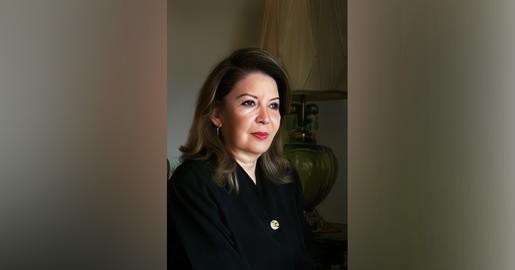
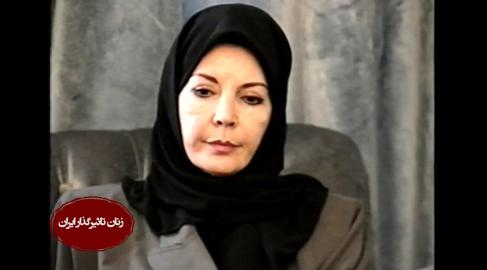












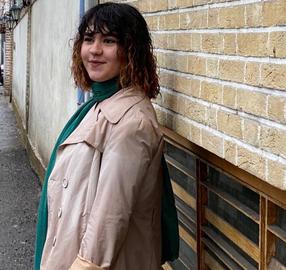
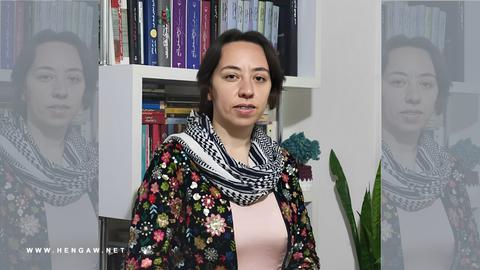





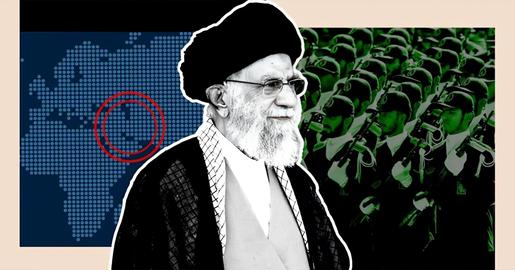
comments